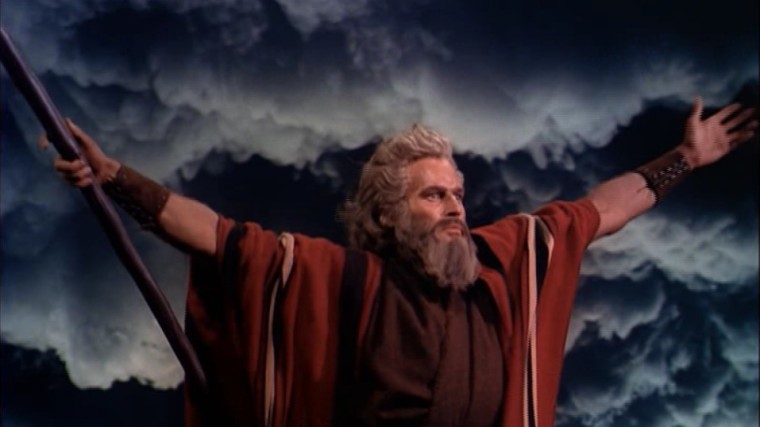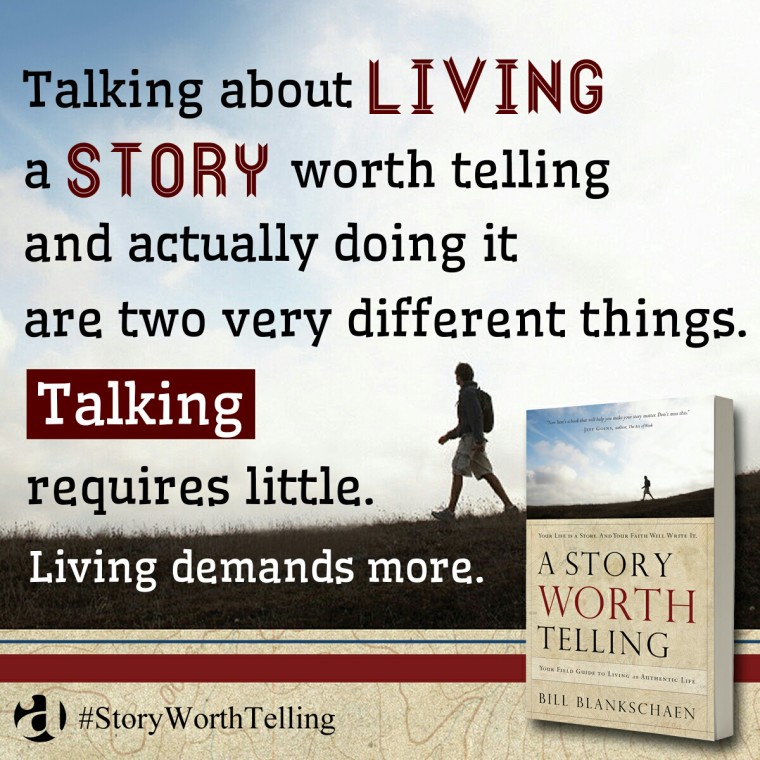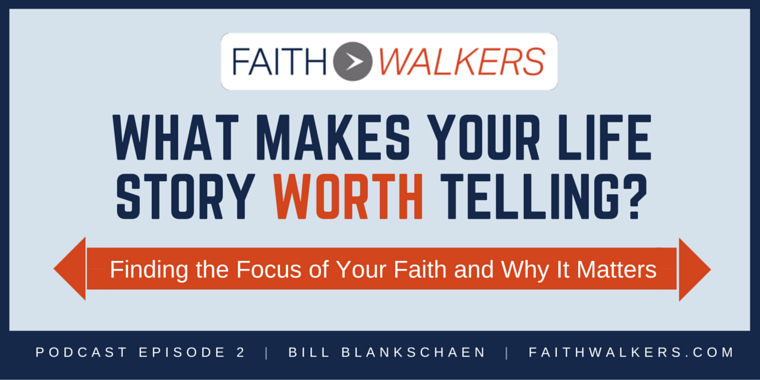It was nearly nightfall when Moses looked out over the trembling waters of the Red Sea, took a deep breath, and held it. There it was, exactly where God said it would be.

Moses stood, staring for a moment, as if expecting the watery barrier to fade like the many mirages he’d seen in the desert for decades while tending sheep.
Now I have sheep of a different kind, the fledgling leader thought. He exhaled slowly while turning toward the teeming masses— nearly two million people—that stretched as far as he could see. They had cheered him just a few days ago as they followed him out of Egypt, but they weren’t cheering now. Their furious, frustrated cries washed over him yet again. They clamored, complained, accused, and threatened to desert him.
They’re just afraid, Moses thought, an emotion he understood only too well. As he continued his pivot away from the sea, he saw what the people saw behind them: the mightiest army in the world. The Egyptian host stood ready to recapture or destroy them, whichever came easiest.
He could see them only vaguely now, for they were blurred by the flaming cloud that had descended between them earlier that day. Now as the daylight faded quickly, Moses could see the flames more distinctly, an inferno sent by God Himself to separate them from the Egyptians bent on vengeance.
Encouraged by the vivid reminder of God’s intervention, Moses shook his head as if to clear it of fear and focus his faith on the One who had appeared to him in that burning bush.
It felt so long ago, so far away.
And yet, in spite of the bleak scenario, he could not shake the same sense he had felt then: God was up to something. Even now, in this dark hour, he could feel it.
God is about to move, Moses thought, if only we have the faith to follow.
The obstacles he faced now—the sea in front, the army behind, and a mob all around—might as well have been the same mountains that had surrounded him that day he’d first encountered God while alone in the wilderness. Those mountains hadn’t stopped him then, and somehow he doubted these barriers would stop God’s people now.
The sea and the army sure looked imposing, even insurmountable, but he had seen enough to know one thing: God is bigger.
Moses held his arms out beside him, palms upward and open. He lifted his face expectantly toward the starry sky and muttered: “I guess you know I’m out of options here. If you’re going to move, now would be a good time.”
Why God Waits to Deliver Us
When we trust God enough to stand down, we invite His power to show up.
But that doesn’t mean God will show up on our schedule. I’m sure Moses would have preferred God open the Red Sea sooner. But the story could not so wondrously reveal the majesty of God if he had not been so radically dependent on him.
God shows his greatness best when our situation can’t get much worse.
The psalmist declared that God would save us “just at the break of dawn” (Psalm 46:5 nkjv). He loves to wait until we are out of options so there can be no mistaking who is responsible for the solution.
It should not surprise us when God waits until just before morning to deliver us. In fact, we should expect it.












